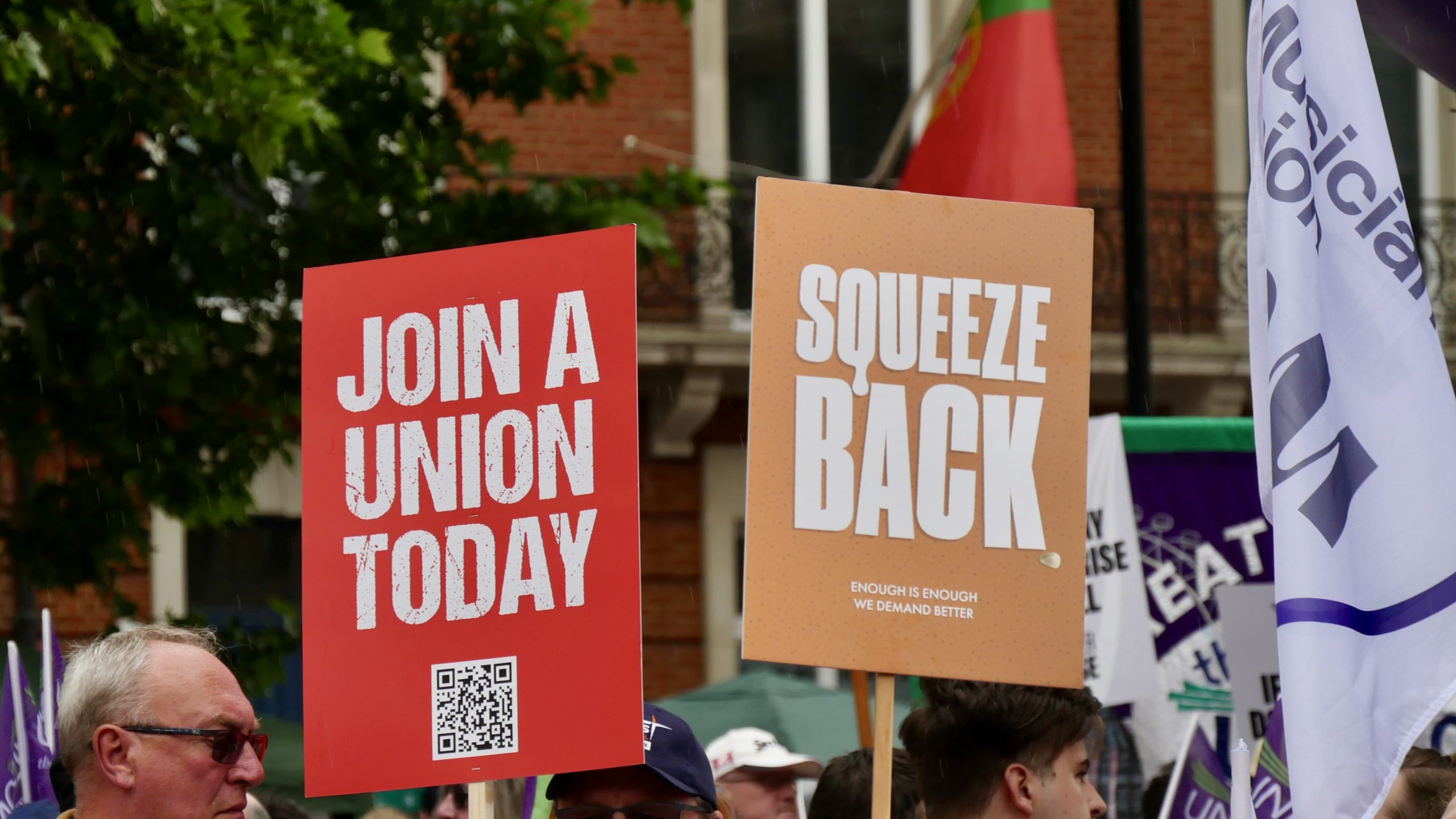“We are calling on the government to respond positively to our members’ demands. They have to give our members a 10 per cent pay rise, job security, pensions justice and protected redundancy terms.”
The government recently announced a U-turn on its decision to cull 91,000 civil servants jobs, devised by former minister for government efficiencies Jacob Rees-Mogg. Instead, there will be a voluntary redundancy scheme for staff, the government said in an announcement made hours after the closure of the PCS strike ballot. Serworka called the move “the epitome of cynicism and callousness”.
The average civil servant who is a member of the PCS earns £23,000, almost £10,000 lower than the average salary in the UK.
The Big Issue recently reported that some DWP staff receive such low pay that they are having to claim the benefits, including universal credit. Nearly one in 10 frontline civil servants are on benefits to boost their pay as the cost of living crisis drags more and more people into financial trouble.
“It’s definitely about more than pay, but pay is the immediate crisis”, Serwotka previously told The Big Issue.
Serwotka has said that he is keen to coordinate strike action with other unions to cause maximum disruption, forcing the government to negotiate with the union.
“If each union stands on its own, some may win, but most won’t. If all the unions cooperate and take cleverly planned and thought out action, and occasionally get everyone out together, I think we can win,” he said.
Get the latest news and insight into how the Big Issue magazine is made by signing up for the Inside Big Issue newsletter
Civil servants have reported a chaotic working environment in government, as ever-changing ministers and priorities leave them struggling to do their jobs.
“When we’re talking to our management about staffing levels, redundancy packages… they don’t know. You’re trying to get answers to what should be pretty straight forward questions, and they can’t tell you,” one DWP employee told the Big Issue at the time.
The RMT recently called off three days of strikes to enter negotiations with Network Rail, but may still undertake further strikes unless an agreement is reached. The Royal College of Nursing also recently called a strike after its members at hospitals across the UK voted to strike in what is set to be the biggest walkout of nursing staff the UK has seen.
A government spokesperson said: “We regret this decision and remain in regular discussions with unions and staff.”
“As the public would expect, we have plans in place to keep essential services running and minimise any potential disruption if strikes do go ahead.
“The public sector pay awards are a careful balance between delivering value for money for the taxpayer and recognising the importance of public sector workers.”









